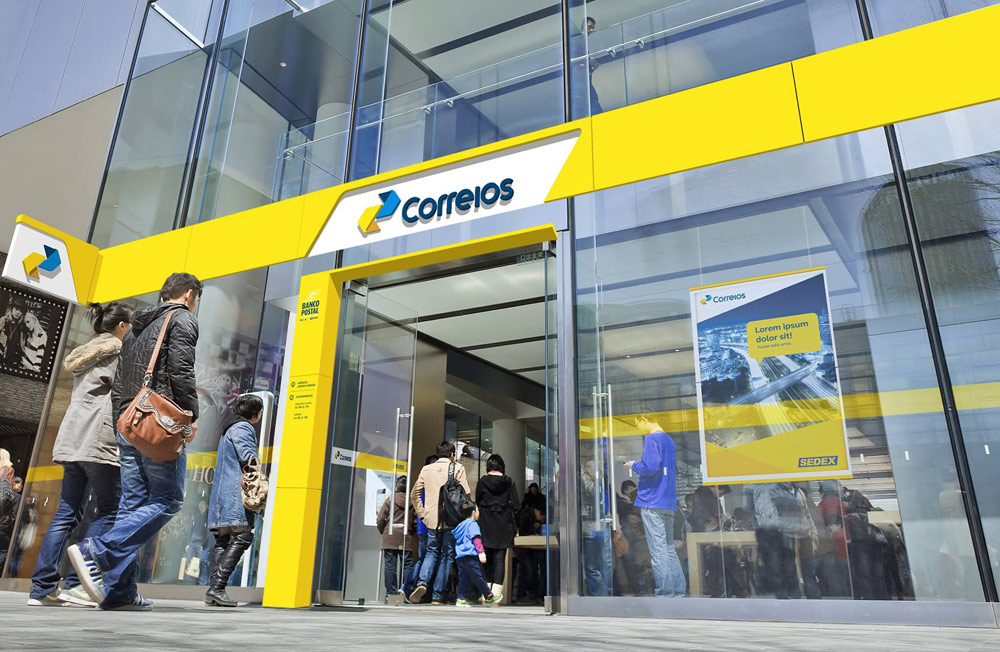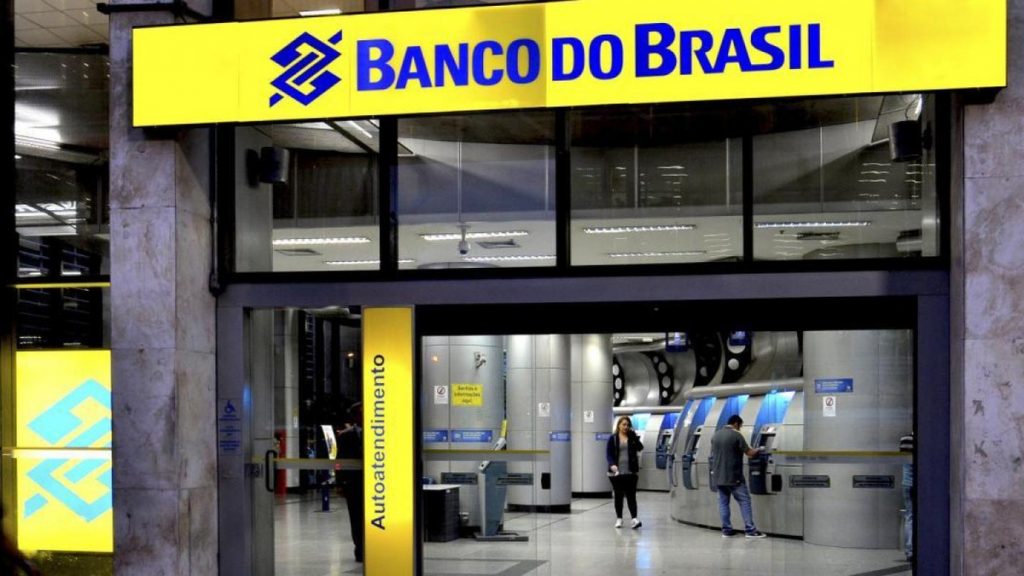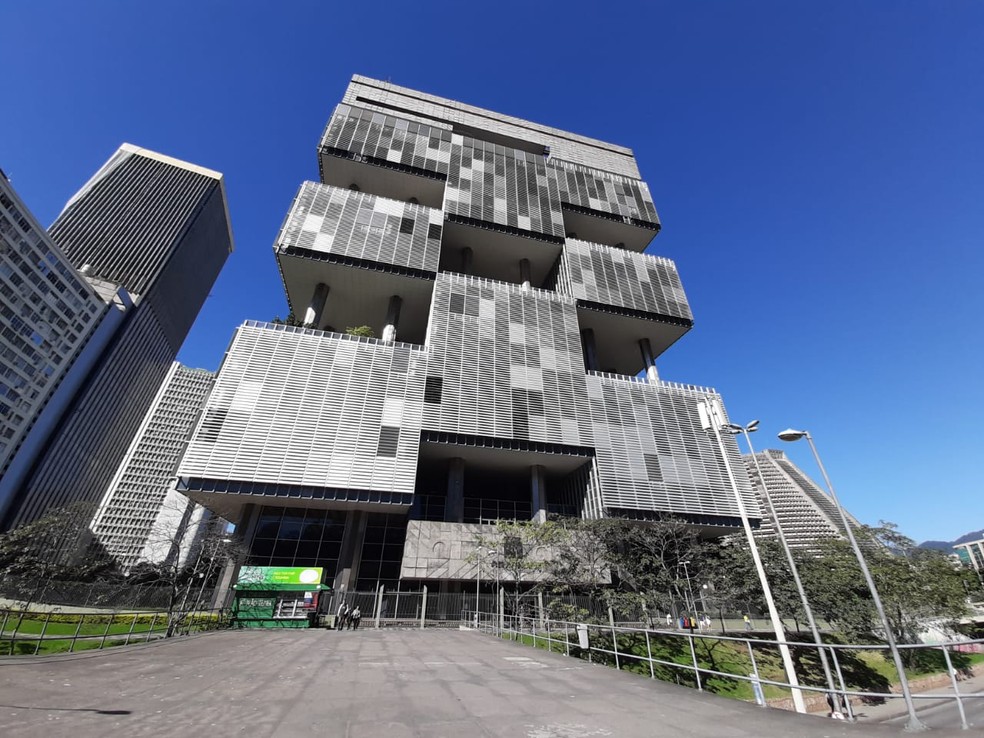RIO DE JANEIRO, BRAZIL – The population’s support for privatizations has grown, although people in favor of the sale of public companies are still a minority in the country.
A Datafolha survey conducted on Aug 29th and 30th showed that 25 percent are in favor of transferring state-owned companies to the private sector, which means one in four interviewed. In the previous survey, conducted in November 2017, under the Michel Temer administration, it was 20 percent or one in five.

Opposition to privatization oscillated with a margin of error, ranging from 70 percent to 67 percent. The survey found that 6 percent of the participants did not know and 2 percent were indifferent.
The survey shows that the greater the knowledge that the person claims to have about “the government’s plan to sell the Post Office and other public companies,” the greater the support and the lower the rejection.
The approval of privatization among those who say they are well-informed reaches 44 percent, falls to 34 percent among the more or less well informed, to 21 percent among the poorly informed, and to 15 percent among those who say they have not taken read about the subject.
Among the state-owned companies cited by in the survey, the Post Office has the lowest rejection against being sold (33 percent in favor and 60 percent against). Next are the public banks (29 percent in favor and 65 percent against) and Petrobras (27 percent in favor and 65 percent against).
The state-owned oil and gas sector had already been included in two previous surveys. In March 2015, 24 percent were in favor of selling the company and 61 percent said they were against it. In November 2017, the percentages were, respectively, 21 percent and 70 percent.
The scenario is, therefore, more favorable to privatization in the most recent evaluation than in the survey done in 2017. In comparison with 2015, there is a tie, considering the margin of error of 2 points, give or take.

The current survey shows that no segment endorses the sale of the oil company, with the exception of those who declare themselves sympathizers of President Jair Bolsonaro’s party, the PSL (55 percent in favor). Among those who voted for the president in 2018, however, only 36 percent support the sale of the company.
Datafolha also showed that the approval of privatizations, in general, is higher among men (32 percent), people with higher education (38 percent), with income above ten minimum wages (50 percent) and businessmen (51 percent).
The issue also has more support from PSL supporters (67 percent in favor and 27 percent against) than from Bolsonaro’s voters (36 percent in favor and 56 percent against).
Last month, the government expanded the list of projects it wants to grant to the private sector by including prisons, schools, daycare centers and national parks in the PPI (Investment Partnership Program).
Nine state-owned companies were included in the program: Telebras, Correios, ABGF (Brazilian Agency for Guarantee and Guarantee Funds), Emgea (Asset Management Company), Serpro (Federal Data Processing Service), Dataprev (Social Security Information and Technology Company), Ceagesp (São Paulo Supply Center), Ceitec (Center of Excellence in Advanced Electronic Technology), and the Port of Santos.
Another six had already been qualified: Eletrobras, CBTU (Companhia Brasileira de Trens Urbanos), Trensurb (Empresa de Trens Urbanos de Porto Alegre), Ceasaminas (Supply Center of Minas Gerais), Codesa (Companhia Docas do Espírito Santo) and Casa da Moeda (Federal Mint). Lotex (Lottery card) will also be ceded.
Petrobras is not on the list, but Economy Minister Paulo Guedes said the company’s privatization is not ruled out by President Jair Bolsonaro. Last month, the Chief of Staff, Onyx Lorenzoni, said that the sale of the company will be studied by the PPI.

The government has sold several Petrobras subsidiaries to reduce the size of the state -owned company and make it more focused on its core business.
In relation to public banks, the Ministry of Economy wants to reduce the size of the banks and sell off their subsidiaries. In addition, the government will sell the part of the federal government’s shares in Banco do Brasil that exceed those needed for shareholding control.
Datafolha heard 2,878 people in 175 municipalities in all regions of the country on Aug 29th and 30th. The margin of error of the survey is 2 percentage points, give or take, and the confidence level is 95 percent.

